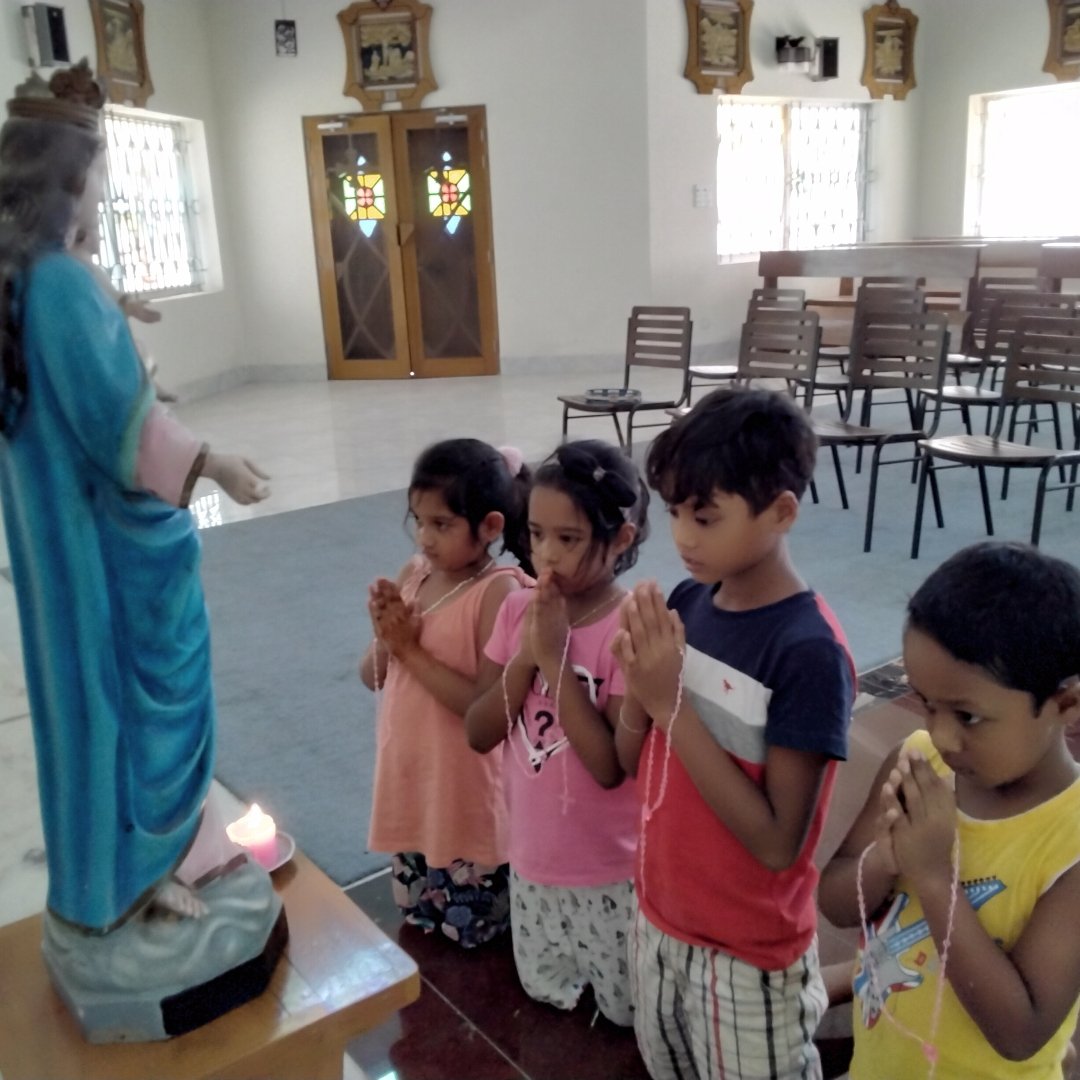
Amanda Woodiel finds a way to handle the tough questions children ask when they see friends and relatives who believe and behave differently.
My kids are getting older (13, 11, 9, 7, and 5) and starting to notice more about the people who inhabit the world around them. They notice cousins with slogans on their shirts; an uncle’s references to Michigan “medicine;” babies who arrive when there is no husband. They ask questions, which I answer in the most age-appropriate way I can.
However, since they are not all at an age where they are capable of nuanced or abstract thought, my temptation is to greatly restrict their interactions with these friends and relatives. I realized to my horror that, as much as I consider “cancel culture” to be obnoxious and dangerous, I was about to do the very same thing to relatives whom I am afraid will confuse my kids, set a bad example, or lead them into erroneous ways of thinking.
So I came up with the following to guide myself:
Connection
I need to keep up some kind of connection with my relatives who are unbelievers, struggle with addiction, and/or live alternative lifestyles. This does not mean I'm obligated to give them hours upon hours with my kids. It simply means that I can't close the door of relationship altogether. How this works out practically will look different for different families. In our family, we craft a newsletter to send out monthly to a few family and friends. It gives them a glimpse into our lives and also gives us something to talk about when we are together.

Compassion
After the most recent family get-together, I was left asking myself, "How did I get so lucky to have faith?" The answer, of course, is God's grace. So instead of judging others who are still searching for the pearl of great price, it is more helpful to feel compassion for them. And let’s be real: don’t we ourselves also continue to seek happiness in things that are not Jesus? Sleeping, shopping, eating, and zoning out on the phone come to mind.
So compassion without a “holier than thou” attitude is what is needed. Comrade-ship, if you will. The kind of compassion that is borne out of our similar experiences of needing a Savior. Furthermore, remember that compassion is not just a feeling, but action. In the Divine economy, those who have been given the gift of faith are obligated to pray for those we love and make sacrifices for them. This is real compassion.

Careful
I'm not going to cut people out of our lives, but at the same time I will be careful about what other cultural influences my kids are exposed to and how much they are exposed to it. What we see often we become desensitized to. I also am going to do my best to ensure, while it is still possible, that their biggest influences are not people who live and believe contrary to the faith. Being careful has a positive aspect, too. We can be careful to provide fun, happy opportunities where our kids are surrounded by faithful Catholics. This might mean attending a parish moms' group, going to Catholic family summer camp, or going out of our way to take our kids to a good Catholic youth group.

Confidence
That being said, we do our best and then rest in God's love and care for our children. He desires their salvation far more than even we do. We also have confidence that, no matter how seductive worldly temptations are, the truth of the Gospel will stand and will be attractive in the long run.
I read somewhere that the best way to train people to detect counterfeit money is to have them handle real money over and over again. By doing so, their intuition and bodily senses are trained to know the difference between the authentic and the sham. Our task as parents is not to place our children in a bubble where they will never come across counterfeit faith; our task is to expose them daily to what is good, true, and beautiful lived out in a joyful faith context. By doing so, when they do encounter the falsehoods our culture (and relatives) offer, something within them will alert them to the fact that what they’ve been handed isn’t the real thing.
Copyright 2021 Amanda Woodiel
Images: Canva Pro; photo copyright 2021 Holy Cross Family Ministries, all rights reserved
About the Author

Amanda Woodiel
Amanda Woodiel is a Catholic convert, a mother to five children ages 14 to 6, a slipshod housekeeper, an enamored wife, and a “good enough” homeschooler who believes that the circumstances of life—both good and bad—are pregnant with grace. Her oldest son was diagnosed with cancer in the summer of 2022, which is providing plenty of opportunities to test that hypothesis.


.png?width=1806&height=731&name=CatholicMom_hcfm_logo1_pos_871c_2728c%20(002).png)
Comments